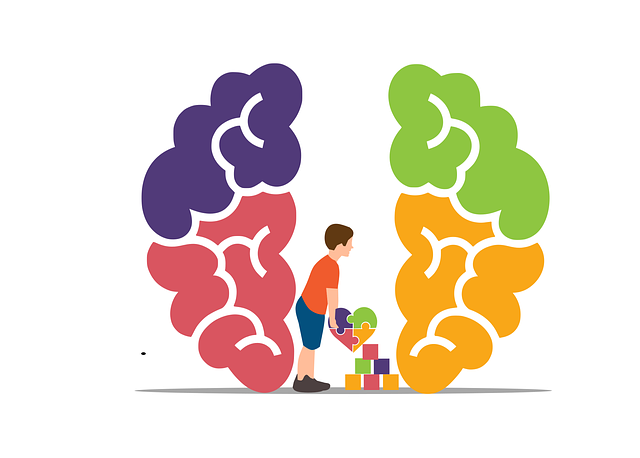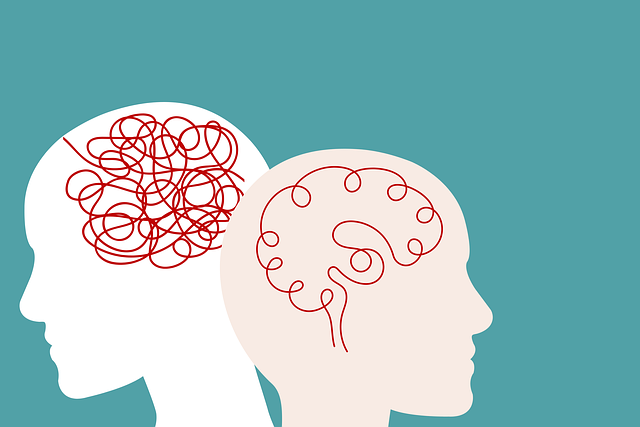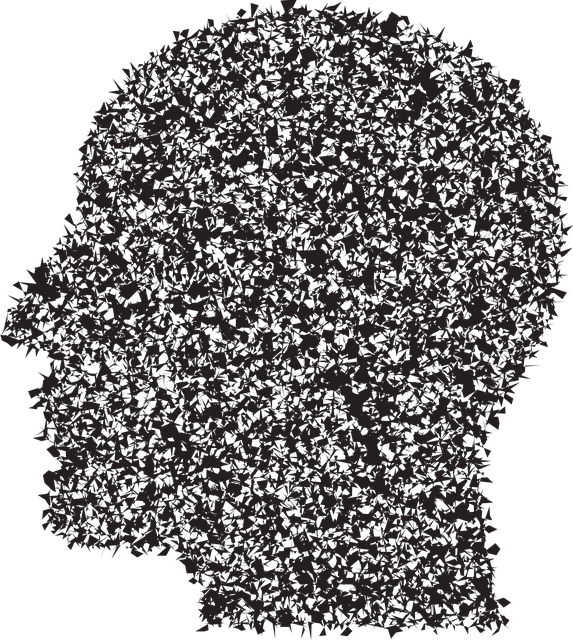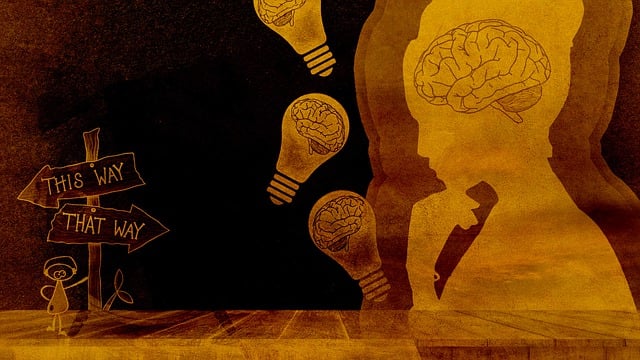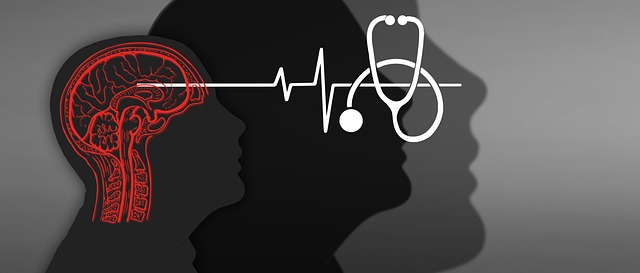Elderly mental wellness faces unique challenges like loneliness and depression, making coping skills vital. Therapy for Elders (TEERP), using Exposure and Response Prevention (ERP) techniques, is an effective, evidence-based approach to develop these skills by gradually exposing them to triggers in safe environments. This helps manage anxiety, replace negative beliefs with positive thoughts, and significantly improve quality of life. Integrated strategies including Crisis Intervention Guidance, Risk Assessments, and Cultural Sensitivity further enhance coping abilities for older adults.
Coping skills are essential for older adults’ well-being, especially in elderly care. Understanding these skills and their significance can significantly enhance quality of life. This article delves into effective strategies like Therapy for Elders using Exposure and Response Prevention (ERP), a powerful tool to manage stress and anxiety. We explore practical techniques to foster coping skill development, focusing on the unique needs of older adults, thereby improving their mental resilience and overall health.
- Understanding Coping Skills and Their Significance in Elderly Care
- Therapy for Elders: Exposure and Response Prevention (ERP) as a Powerful Tool
- Strategies to Enhance Coping Skills Development in Older Adults
Understanding Coping Skills and Their Significance in Elderly Care

Coping skills are essential tools for maintaining mental wellness, especially among the elderly population who often face unique challenges and stressors. Understanding and cultivating effective coping mechanisms can significantly enhance the quality of life for seniors. In the context of elderly care, these skills serve as a protective barrier against the negative impacts of age-related issues, such as loneliness, depression, and anxiety.
Therapy for Elders, particularly Exposure and Response Prevention (ERP) techniques, plays a pivotal role in developing coping strategies. ERP helps individuals confront and manage their fears or traumatic memories by gradually exposing them to triggering stimuli in a safe environment. This therapeutic approach empowers elders with practical tools to cope with stress and trauma-related responses, thereby fostering resilience. Additionally, Mental Wellness Coaching Programs and Trauma Support Services can be tailored to meet the specific needs of seniors, incorporating Empathy Building Strategies to strengthen their support systems and overall coping abilities.
Therapy for Elders: Exposure and Response Prevention (ERP) as a Powerful Tool

Exposure and Response Prevention (ERP) therapy is a powerful tool for elders seeking to cope with various mental health challenges. This evidence-based approach, often used in treating anxiety disorders, has shown remarkable effectiveness in helping older adults manage their symptoms through gradual exposure to feared situations or objects and learning new coping strategies. By facing their fears in a safe environment, elders can develop better understanding and control over their responses, leading to significant improvements in their quality of life.
ERP facilitates emotional healing processes by addressing the root causes of anxiety rather than merely masking symptoms. This therapeutic method encourages individuals to challenge their negative beliefs and replace them with more realistic, positive thoughts. As part of the process, elders are guided to stay in distressing situations for a set period, allowing them to experience the passage of time and realize that their feared outcomes rarely occur. Through this controlled exposure, anxiety levels can decrease over time, offering lasting anxiety relief and enhancing overall mental wellness, which is often highlighted in popular Mental Wellness Podcast Series Production.
Strategies to Enhance Coping Skills Development in Older Adults

Coping skills development is especially crucial for older adults as they often face unique challenges that can lead to increased stress and anxiety. To support their well-being, mental health professionals should consider incorporating evidence-based strategies such as Therapy for Elders Exposure and Response Prevention (TEERP). TEERP combines exposure therapy with cognitive behavioral techniques to help individuals confront and manage distressing memories or situations, fostering better coping mechanisms over time.
Additionally, Crisis Intervention Guidance and a comprehensive Risk Assessment are essential tools for identifying potential mental health crises in this demographic. Cultural Sensitivity in Mental Healthcare Practice is also vital, as older adults from diverse backgrounds may have unique coping preferences and needs. By integrating these approaches, mental health professionals can enhance their ability to provide effective support, ensuring that older adults develop robust coping skills tailored to their individual circumstances and cultural contexts.
Coping skills development is a vital aspect of elderly care, enabling seniors to navigate life’s challenges with resilience. As discussed, Therapy for Elders through Exposure and Response Prevention (ERP) offers a powerful approach to enhance these skills. By combining understanding, specific strategies, and effective therapy methods, we can empower older adults to improve their coping mechanisms, fostering independence and an enhanced quality of life. These efforts are crucial in ensuring the well-being and dignity of our aging population.
